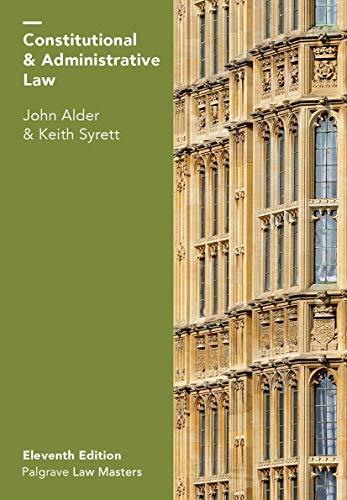Question
A police officer received a complaint about defendant's loud car, and went to defendant's residence to talk about the problem. At the door the officer
A police officer received a complaint about defendant's loud car, and went to defendant's residence to talk about the problem. At the door the officer smelled what he thought might be marijuana. He knocked at the door, and covered the peephole so the occupant could not see who was knocking. When the defendant answered the door the officer saw a gun in his hand, and the officer pushed into the room. There he saw illegal drugs, and arrested the defendant. At his trial on drug charges the defendant moved to suppress the illegal drugs found in his home, contending any exigent circumstances that existed because of the handgun were created by the officer's own actions. Should the evidence be suppressed? State v. Campbell, 300 P.3d 72 (Kan. 2013). What did the U.S. Supreme Court in Kentucky v. King (discussed in this chapter) tell lower courts to do when the "police created exigent circumstances" argument is made? Did the Kansas Supreme Court get it right?
Step by Step Solution
There are 3 Steps involved in it
Step: 1

Get Instant Access to Expert-Tailored Solutions
See step-by-step solutions with expert insights and AI powered tools for academic success
Step: 2

Step: 3

Ace Your Homework with AI
Get the answers you need in no time with our AI-driven, step-by-step assistance
Get Started


